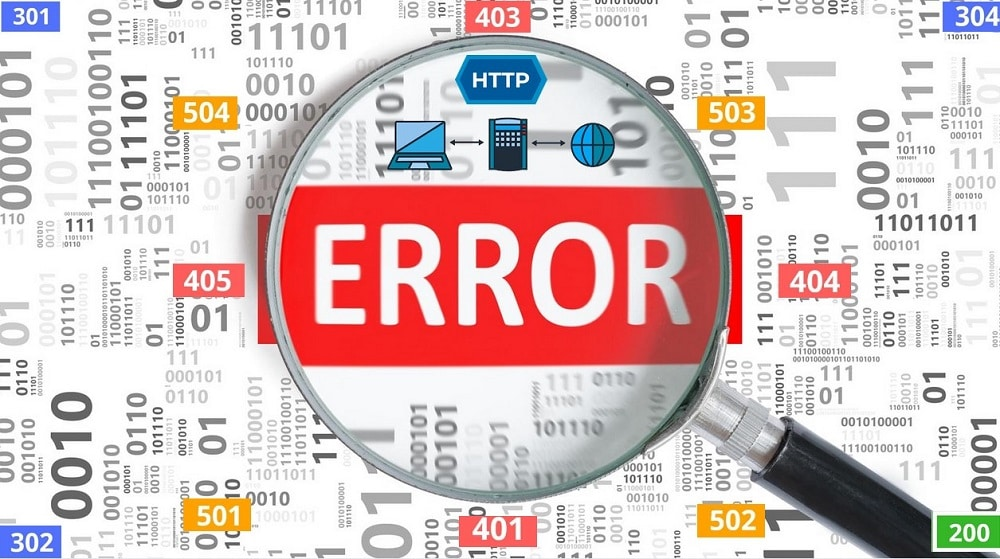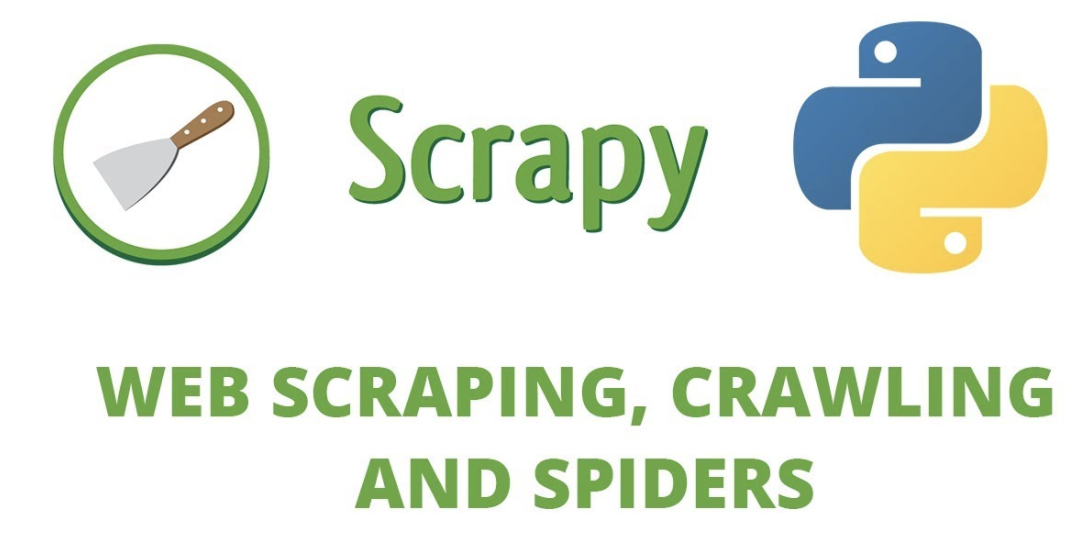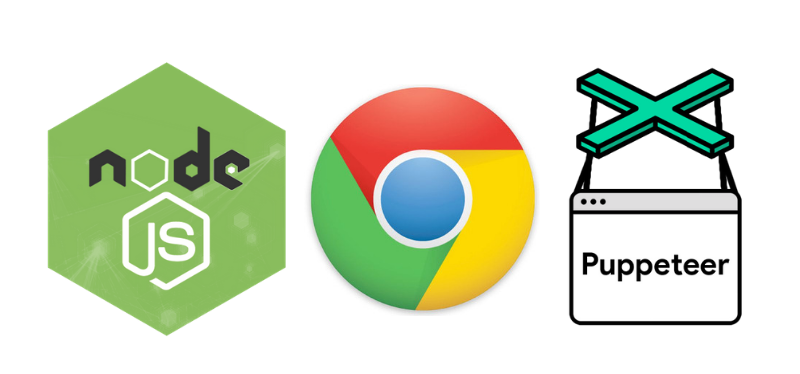How To Solve Proxy Error Codes
Tim

Errors make scraping unbearably difficult and, in most cases, impossible to execute. Often, HTTP errors happen due to the incorrectly rotated proxies. In this article, we will take a look at all HTTP error codes you can get when scraping.
Errors make scraping unbearably difficult and, in most cases, impossible to execute. Often, HTTP errors happen due to the incorrectly rotated proxies. But to understand what mistake exactly you’re doing, you need to know what each error code means.
In this article, we will take a look at all HTTP error codes you can get when scraping. And we will give you some tips on how to solve these issues and prevent them from happening in the future.
What Do HTTP Status Codes Mean?
Every code your scraper receives from the site it’s working with means a certain result - it's a response of the site to the request. Different issues are marked by different codes. And knowing what the code you keep receiving means, you can realize what actions you have to take to stop facing those errors.
2XX Status Code
All codes that begin with a 2 mean that your request was successfully processed. If your scraper receives 2XX codes, everything is going fine.
3XX Error Code
All issues that begin with a 3 indicate a redirection. A 300 code means that the redirect happened due to several possible responses to your request. And, for example, a 301 error indicates that the certain page was moved, that’s why your connection was redirected.
Such code is a result of a server misinterpreting your request. Usually, most 3XX errors can be solved by specifying a user-agent of your proxies. Thus, you will provide the destination server with more data so that it can understand exactly what you want from it.
4XX Error Code
This is a client-side group of errors. They happen because the server couldn’t understand your request, or because you are not allowed to visit the particular page. For instance, when you see a 401 error, it indicates that you lack the rights to view the page. You might need to be authorized for it or have certain permissions - for instance, a person on Facebook allows only friends to visit their profile, and you’re not this person’s friend on Facebook.
403 error, on the other hand, indicates that the server doesn’t give you permission to view the page for some reason. And everyone knows a 404 error - it tells you that the page you requested wasn’t found.
The 407 is something we need to pay more attention to. It means that the tunnel connection failed or you didn’t provide enough authorization data if you’re using proxies. Also, it can mean that you didn’t authenticate your crawler with the vendor who gave you proxies. If you see a 407 error, you should update the settings of your proxies so that the credentials match the ones you have on the zone page. Also, check if the requests include all the needed data.
The 429 error is also the sort of an issue that helps you to improve scraping techniques. This code indicates that the scraper sent too many requests using one IP address within a short time frame. If you see this code, it shows that the security measures of the site became active.
5XX Error Code
This group of errors indicates that the server has some issues. During data gathering you might frequently encounter a 502 error that means a bad gateway or a timeout. This code happens for numerous reasons - there might be no available IP addresses for the settings you’ve picked. Or your requests were suspicious, and the server thought you’re a bot, for example.
To solve this error, you should try to rotate your IP addresses better or change the type of proxies at all. You might face 502 frequently with datacenter proxies - try switching to residential ones.
How To Solve These Errors?
We’ve already given you some hints on how to stop receiving error codes. So now let’s talk about every solution in detail. If you’re just making your first steps in web scraping, we advise you to adopt these techniques right away to minimize the chances of facing the issues.
Switch To Residential Proxies
Datacenter IPs are cheaper, but they’re not quite suitable for scraping. When you use this kind of proxies, you have a very limited pool of IPs. That's why the chances to face the error rise significantly - too many requests will be sent from a single address. Also, often you might lack some data in your requests.
Residential proxies are real devices you are rerouted to before going to the required server. Getting this service, you receive access to a certain pool of IP addresses which makes it much easier to rotate them and avoid getting blocked. Infatica offers a very large pool of residential proxies, so you won’t ever lack IPs when scraping.
Improve Your Rotation
If you send many requests from one IP address, you’re on your way to getting banned by the site you want to scrape. Webmasters safeguard their websites both from DDOS attacks and scraping. So besides that many requests sent from a single IP look like an attack, you can as well face bans because of anti-scraping measures.
The solution is to work on the proxy management tool, or your scraper if it can manage IPs, so that it changes the IP address for every request. Then it's unlikely that the site you're working with suspects anything, and your scraping process will be very smooth and fast.
Decrease The Number Of Requests
Too many requests sent to one server look suspicious and can overload the server. Consequently, you will begin getting errors. Even if you’re rotating proxies correctly, you need to keep the amount of requests on a reasonable level. Of course, the more requests you send within a certain time frame, the faster you gather the needed data. But this assumption falls apart when you remember about the anti-DDOS and anti-scraping measures webmasters implement.
If you create a delay between requests of at least a couple of seconds, the process won’t get significantly longer, yet you will face fewer errors.
Make Sure The Scraper Can Solve Blocks
Advanced scrapers can bypass various restrictions and anti-scraping measures. If you face too many errors, and you’re doing everything correctly in terms of proxy maintenance, you might need a better scraper. It is even more important if you’re working with difficult websites, for example, e-commerce sites. Their managers know they’re a target for data gathering, and they try to implement as many anti-scraping measures as possible to improve their business positions. A good scraper can solve over a hundred of various restrictions, and you should aim for such a solution if you want to gather data successfully and quickly.
Conclusion
Wisely managed proxies are key to successful data gathering. If you implement all these techniques, you can expect your scraping to be smooth and free from errors. However, if you still experience any issues while gathering the required information with Infatica proxies, feel free to contact our specialists via a live chat on the website or by creating a ticket in your Infatica user profile.


